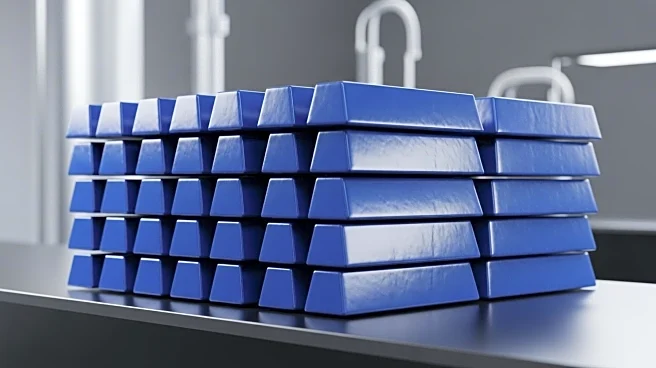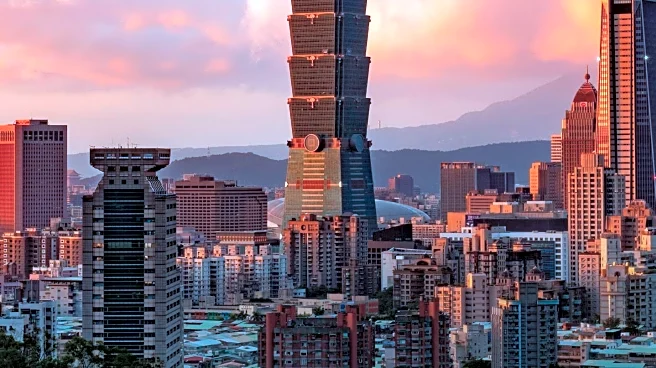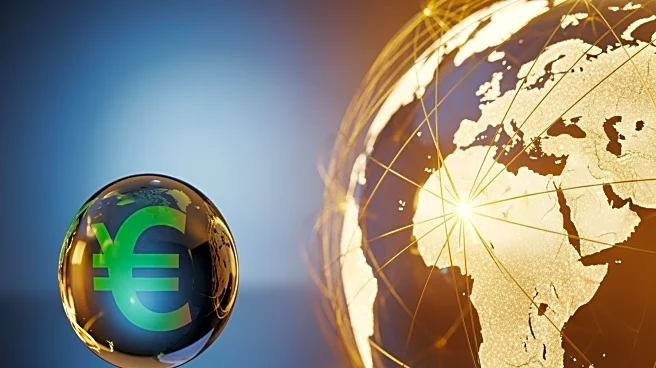What is the story about?
What's Happening?
The Democratic Republic of Congo is contemplating an extension of its cobalt export ban by at least two months as it works to finalize a quota system intended to replace the suspension. The current ban, initially imposed to curb oversupply and stabilize prices, is set to expire on September 21. Cobalt prices have risen by 60% since the ban's implementation, but the quota system faces challenges in its execution. The proposed system has support from Glencore but faces resistance from CMOC Group, the world's largest cobalt producer.
Why It's Important?
Congo's decision on the cobalt export ban is critical for the global electric vehicle industry, which relies heavily on cobalt for battery production. An extension of the ban could further tighten supply and drive up prices, impacting manufacturers and consumers. The situation underscores the geopolitical complexities of mineral supply chains and the influence of major producers like Glencore and CMOC. The outcome of Congo's policy decisions will have significant implications for global markets and the transition to renewable energy technologies.
What's Next?
Congo's Mines Ministry will continue consultations with industry stakeholders to finalize the quota system. The decision on the export ban extension awaits approval from the Presidency. The global market will closely monitor these developments, as they could influence cobalt pricing and availability. Stakeholders in the electric vehicle and battery industries may need to explore alternative supply sources or adjust their strategies in response to potential supply constraints.















